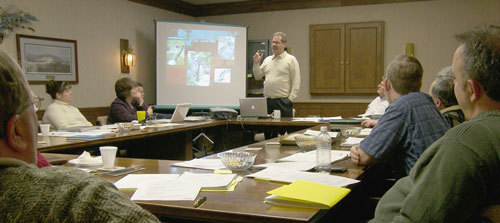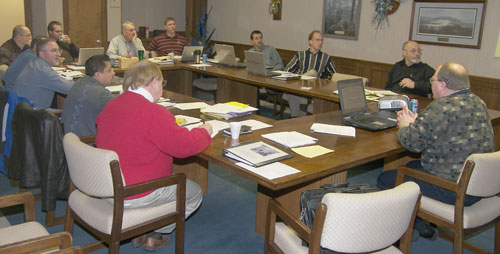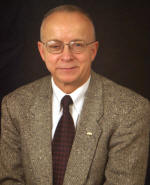December 6, 2005
|
The ten annual conferences in the United States are in the process of discontinuing their cooperative ministries. Here is a quick status report on some of the conferences.
Mid-Atlantic. Mid-Atlantic Conference voted unanimously during its mid-year session on November 12 to discontinue the conference as of the end of 2005. Most of the conference’s 55 churches are expected to be functioning in clusters by that time. Legal ownership of the Rhodes Grove Camp and Conference Center will be transferred to its board of directors, but the National Conference will establish a meaningful covenant relationship with the ministry. The Mid-Atlantic Foundation will be used to provide group health insurance and stewardship services to churches on the East Coast and elsewhere. Mid-Atlantic includes churches in Pennsylvania, Virginia, W. Virginia, Maryland, New Jersey, New York, and Massachusetts.
Central. Central Conference has been closing down its cooperative ministries and helping churches make the transition to the cluster arrangement. Because of pending legal action involving the conference, Central Conference cannot dissolve the corporation. Until a lawsuit is settled, Central Conference will continue as a legal entity, with a downsized (six person) conference council providing oversight. Superintendent Tom Brodbeck will continue as fulltime superintendent until the end of 2005, and will then continue in that role on a part-time basis at $100 a month, mainly to provide general oversight and handle whatever legal details are needed to formally dissolve the conference. Central Conference includes churches in Indiana, Ohio, and Kentucky.
Michindoh. The Michindoh Annual Conference voted 72-10 to empower its conference council to care for all of the details of dissolution. The conference council meets this week.
Sandusky. Sandusky Conference approved disbanding as a conference during the 2005 annual meeting, which came after the National Conference. Conference administrative activities will be handled by the Conference Council through 2006. Currently there are nine churches in the East District and 7 in the West District. Over the last two years, Sandusky has lost or closed four churches (most recently the Jerry City, Ohio, church). Most of the churches were already involved in a cluster group.
California. Most of the churches of California Conference have withdrawn from the denomination and started their own group, which they are calling the United Believers in Christ. Only the UB church in Pixley, Calif., and the Hispanic Cellular Church in Canyon Country remain.
Michigan. Michigan Conference will hold a mid-year conference in February, and will make decisions then about the future of the conference. Most of the churches are already organized into clusters.



 His primary responsibilities are to cultivate relationships and generate financial resources for the University. Hirschy will travel the tri-state area meeting with alumni and friends to share the Huntington University story.
His primary responsibilities are to cultivate relationships and generate financial resources for the University. Hirschy will travel the tri-state area meeting with alumni and friends to share the Huntington University story.